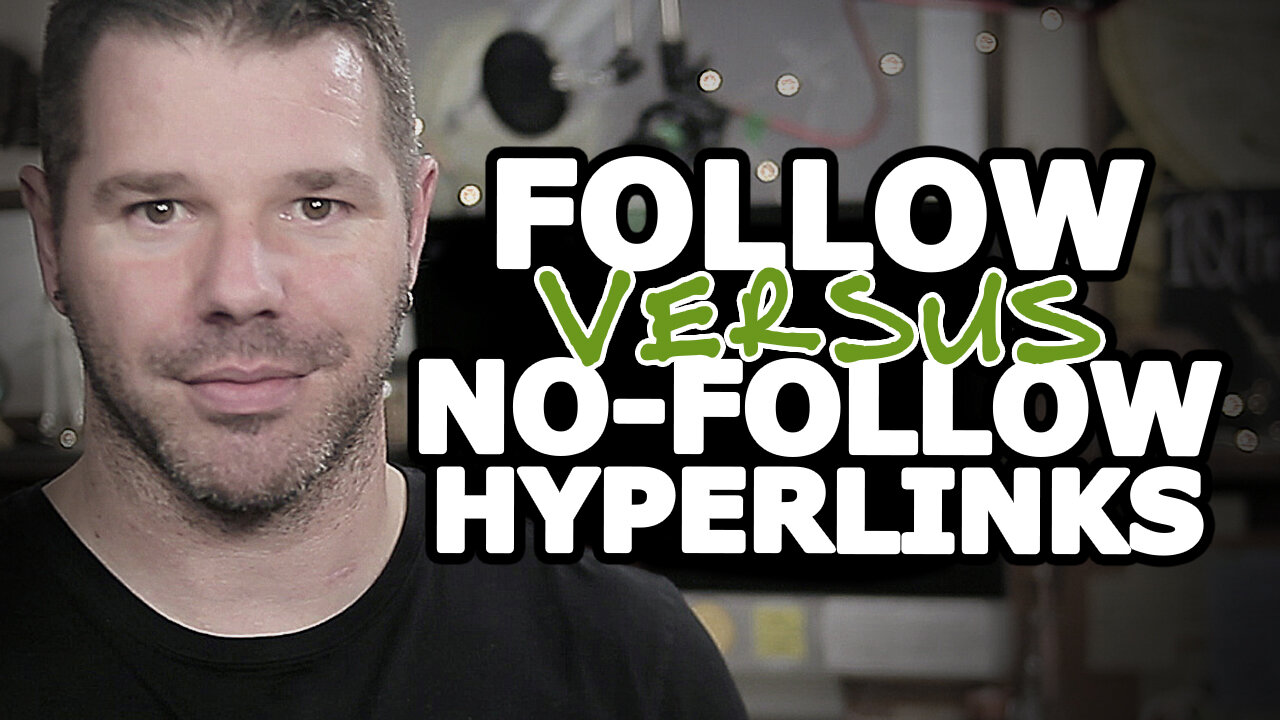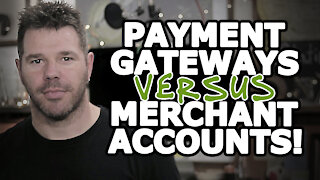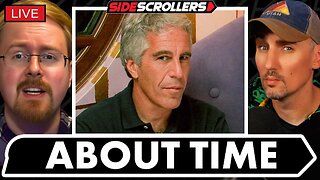Premium Only Content

What Is The Difference Between Do Follow And No Follow Links (Simplified!) @TenTonOnline
From zero to profitable online business in just 7 simple steps! Download your FREE Online Business Jumpstart guide: https://www.tentononline.com/jump
"Escape the grind, build a fulfilling online business, and launch a better tomorrow!"
--------------------------------------------------
Show Notes:
- Online business guide (free download!): 7 Steps To Profits! https://www.tentononline.com/7-steps-to-profits/
- Domain registration: https://10tn.tips/domain
- Solid web hosting (with discount!): https://10tn.tips/hosting
- Business-grade email: https://10tn.tips/email
- Best email marketing service: https://10tn.tips/email-marketing
- Best website builder: https://10tn.tips/web-builder
- Top web and marketing tools and services: https://10tn.tips/tools
Support my work (thanks!):
- https://10tn.tips/boost
--------------------------------------------------
Transcription:
what is the difference between do follow and no follow links
If you've ever heard the terms "follow" and "nofollow" links but aren't sure what they are, the good news is, it's real simple...so this is gonna be short 'n sweet.
So here's the gist: In the world of SEO and ranking your web pages in search engines, there's what are called "backlinks" or "link building." What this means is, some online marketers use a strategy to try to get other, more credible and higher value websites to link to them.
The idea here is that when a larger site links to you, Google will see this and website owners hope that this will help with their search engine rankings...because a link from a more authoritative website to one of your web pages is seen as a "vote of confidence."
The larger, more authoritative site is essentially saying, "Hey, this smaller site's article or web page is really good." The shorthand term for this "vote of confidence" is "link juice."
However as you might guess, shady marketers could easily take advantage of "link juice" and exploit it to their advantage. How? One way would be to post on social media platforms like Twitter or Facebook that links back to your web pages. Or, you could share articles or web pages in content directories.
So larger websites needed a way to maintain a link back to a web page without passing on any kind of "vote of confidence" or "link juice." And that's exactly what a "no follow" link is.
A "no follow" link is extra code added to hyperlink code that tells Google and other search engines not to pass along "link juice" to the website that's being linked to. So, "follow" links (or "do-follow" links) include the linking site's "vote of trust" while "no follow" links do not.
And by the way, as you might guess, all links from social media platforms like Twitter, YouTube and others are "no follow" links. Now if you'd like, you can use "no follow" links on your own website any time you're linking to an external website or web page.
So there may be situations where you aren't sure about the website you're linking to, or you simply don't want to pass along any "link juice" to them. In those sorts of scenarios, you can simply use a "no follow" hyperlink.
So, to summarize, "follow" or "do follow" links pass along a vote of trust, credibility, and confidence...which is called "link juice." "No follow" links tell search engines to ignore the authority of the website that's linking to the external website or web page.
--------------------------------------------------
TONS more at https://www.tentononline.com/blog
-
 15:28
15:28
Ten Ton Online
2 years agoAdvice To Entrepreneurs On Starting A Small Business (Cold, Unvarnished TRUTH) - Get CLEAR!
143 -
 4:15
4:15
Ten Ton Online
4 years agoDifference Between Payment Gateway vs Merchant Accounts - Plain ENGLISH! @TenTonOnline
141 -
 1:41:10
1:41:10
The Quartering
2 hours agoEpstein Files Release IN DOUBT, Muslims Vs Christians In Dearborn, Republicans FAIL To Censure
111K30 -
 1:24:12
1:24:12
DeVory Darkins
4 hours agoDISTURBING: Congress pulls insane stunt after failing to censure Rep Plaskett
106K81 -
 LIVE
LIVE
The HotSeat With Todd Spears
1 hour agoEP 212: What Happened In 610 AD??
545 watching -
 10:58
10:58
China Uncensored
2 hours agoJapan Wants Nukes
4.1K12 -
 2:10:27
2:10:27
Side Scrollers Podcast
5 hours agoEpstein Files Release INCOMING + GTA6 Dev PROTEST + International Men’s Day + More | Side Scrollers
83.1K11 -
 3:23:39
3:23:39
Right Side Broadcasting Network
7 hours agoLIVE REPLAY: President Trump Delivers Remarks at the U.S. - Saudi Investment Forum - 11/19/25
67.2K16 -
 2:08:00
2:08:00
The Charlie Kirk Show
4 hours agoIslam vs. America + The Future of Florida + Chaper Leaders Report | Enjeti, Rep. Donalds | 11.19.25
84.8K17 -
 12:32
12:32
Dr. Nick Zyrowski
16 days agoProbiotic Benefits - INCREDIBLE Ways Probiotics Will Transform Your Health
32.5K1